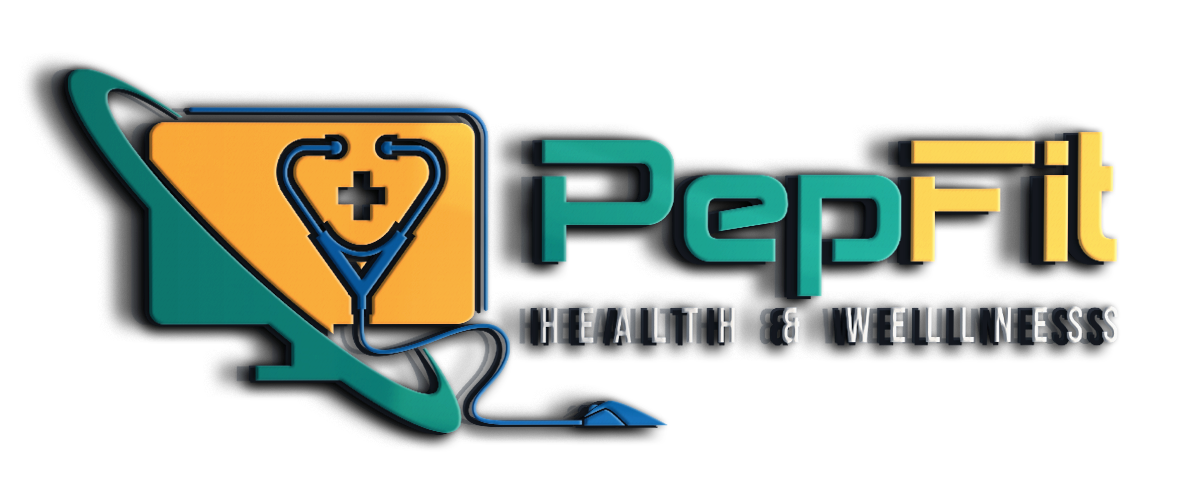Welcome to the world of intermittent fasting, where the concept of when you eat can transform not just your eating habits but your entire well-being. In this blog, we’re going to dive deep into the captivating realm of intermittent fasting, exploring its various methods, uncovering the science behind the magic, and discovering the incredible benefits that await those who embrace this lifestyle.
The Basics Unveiled
What is Intermittent Fasting?
Picture this: a lifestyle where you don’t focus on counting calories or restricting food choices but rather on the rhythm of when you eat. Intermittent fasting is all about creating windows for eating and fasting, giving your body a break from constant digestion.
Let’s Talk Methods
The beauty of intermittent fasting lies in its flexibility. From the 16/8 method (16 hours fasting, 8 hours eating) to the 5:2 method (eating normally for five days and cutting back for two), there’s a method for everyone. It’s not a one-size-fits-all approach but a customizable journey to health.
The Science Behind the Magic
Hormones Doing the Dance
Ever wondered how fasting affects your body on a hormonal level? Prepare to be amazed! Insulin sensitivity skyrockets, helping regulate blood sugar. Plus, say hello to increased human growth hormone (HGH), a superhero in fat loss and muscle preservation.
Cellular Repair Magic – Autophagy
Get ready for a cellular spring cleaning! Intermittent fasting triggers autophagy, a process where your body clears out old, damaged cells and makes room for shiny, new ones. It’s like hitting a refresh button for your cells, promoting longevity and disease prevention.
The Enchanting Benefits
Weight Loss Wonderland
Let’s face it; we’ve all been on the rollercoaster of diets. Intermittent fasting, however, offers a refreshing approach to weight loss. By narrowing your eating window, you naturally reduce overall caloric intake, promoting fat loss. Plus, the boost in HGH helps keep that lean muscle intact.
Metabolic Makeover
Say goodbye to sluggish metabolism! Intermittent fasting is linked to improvements in insulin sensitivity, blood sugar levels, and cholesterol profiles. It’s like giving your metabolism a makeover, reducing the risk of type 2 diabetes and cardiovascular issues.
Brain Boosting Bonanza
Did you know intermittent fasting might be the secret sauce for a sharper mind? Studies suggest cognitive benefits, including improved focus and reduced risk of neurodegenerative diseases. The brain loves the fasting-induced surge of brain-derived neurotrophic factor (BDNF).
Your Guide to Intermittent Fasting Success
Tailoring it to You
Before you dive into the world of intermittent fasting, take a moment to consider your individual needs. Age, health status, and lifestyle play a role. Consulting a healthcare professional can provide personalized guidance.
Tips for a Smooth Sailing
Embarking on an intermittent fasting journey? Start slow, find a method that suits your lifestyle, and stay hydrated. Nourish your body with nutrient-dense foods during your eating window, and listen to your hunger cues. It’s not a race; it’s a lifestyle shift.
Navigating Challenges with a Smile
Nutrient Ninja
Concerned about getting enough nutrients? Fear not! Embrace nutrient-dense foods and consider supplementation if needed. Intermittent fasting is about nourishing your body, not depriving it.
Social and Psychological Harmony
Navigating social situations while fasting can be challenging. Find a balance that works for you, and don’t forget the importance of enjoying meals with loved ones. Intermittent fasting is a lifestyle, not a strict set of rules.
Conclusion: Embrace the Journey
As we conclude this journey into the world of intermittent fasting, remember – it’s not just about the clock; it’s about unlocking the potential within you. Intermittent fasting isn’t a quick fix; it’s a sustainable lifestyle that offers a plethora of benefits for your body and mind. So, are you ready to unveil the magic and embark on a journey to a healthier, happier you? The adventure awaits
Disclaimer: This blog post is for informational purposes only and should not replace professional medical advice. Always consult with a qualified healthcare practitioner before starting any new treatment or therapy.









